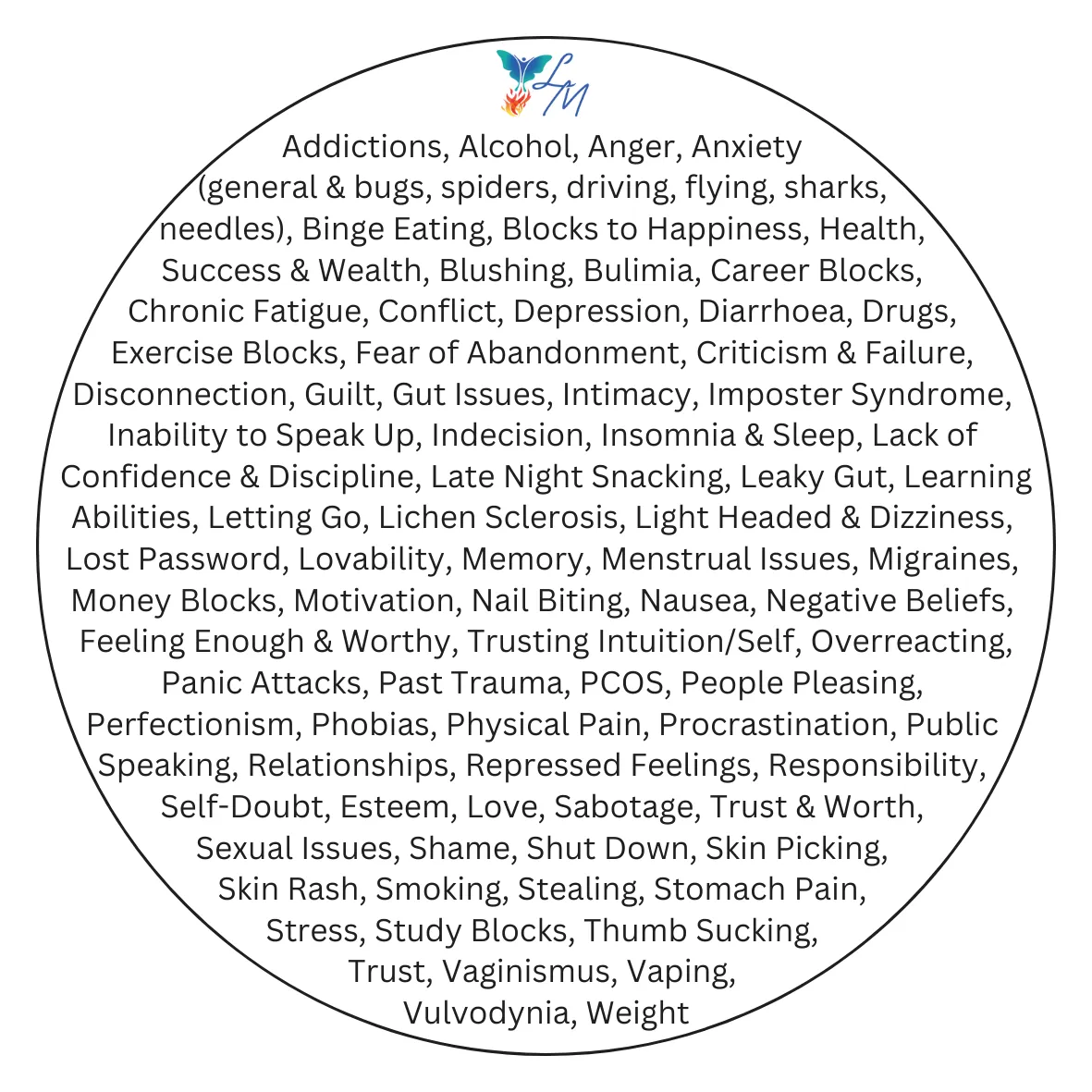
"We update our laptops, our phones, even our watches.
Why wouldn't we update the software in our minds?"
Using Rapid Transformational Therapy / Hypnotherapy
I help you to update the software in your mind to become your most confident & healthiest self!
Before you get into my website I'm going to be honest with you. Websites and marketing are not my area of strength. Therapy is!
My website might not be the best but my rapid transformational hypnotherapy and coaching is!
I am an exceptional therapist using my skills, knowledge and life experience to help you overcome anything in your life.
If you have something you want to be free from, I give you that freedom.
If you have something you want in your life and can't seem to get, I help you to get it.
Want to know how successful my therapy is? Check out what my clients have to say.
In the words of one of my clients "wow you are talented!"
I tailor my therapy to you. I don't have a one size fits all service but I do have packages and I will make a recommendation to you on price and packaging when I know what you want to address.
Book your free no obligation 20 minute consultation call with me to discuss how I can get you to where you want to be.


If the pain of staying the same is greater than the pain of change, you are ready for Rapid Transformational Hypnotherapy and I can help you.
Working Online via Zoom, from Muriwai (Constable Road) and
552 Te Atatu Road, Te Atatu Peninsula (Restore Wellbeing),




Certified Clinical Hypnotherapist
Certified Advanced Rapid Transformational Therapist
Member – International Institute for Complementary Therapists
